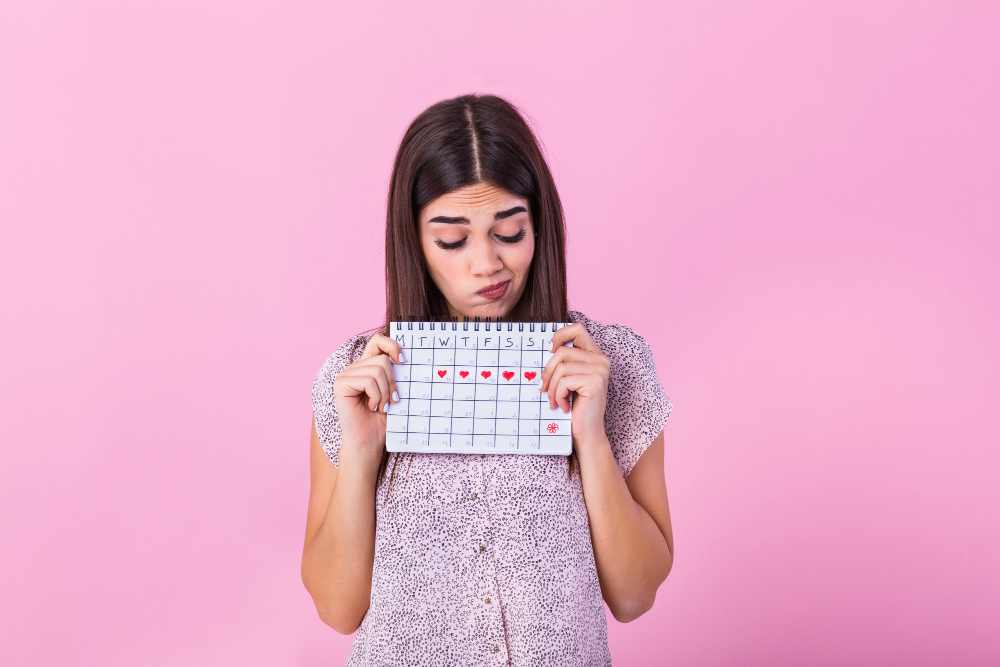
Menstruation is a natural process experienced by women every month as part of the reproductive cycle. A few days before menstruation begins, the body may give some signs that it is about to menstruate. Knowing these signs can help women prepare themselves physically and emotionally. Here are some common signs that appear a few days before menstruation:
Mood changes are one of the most common signs of impending menstruation. Many women experience emotional changes such as:
Irritability or irritability
Feelings of anxiety or depression
Emotional exhaustion
Feeling sad or crying for no apparent reason
Breasts may become more sensitive, swollen, or painful a few days before menstruation begins. This is due to hormonal changes that prepare the body for menstruation.
Mild to moderate abdominal cramps can occur a few days before menstruation. These cramps are usually caused by contractions of the uterus preparing to shed the endometrial lining.
Some women may experience changes in appetite or cravings for certain foods before menstruation. For example, craving sweet, salty or fatty foods.
Water retention and hormonal changes can cause flatulence and an uncomfortable feeling in the abdomen.
The hormonal changes that occur before menstruation can cause headaches or migraines in some women.
Increased sebum production due to hormonal changes can lead to acne on the face or other parts of the body.
Some women may feel more tired or lethargic a few days before their period starts. This could be due to hormonal and emotional changes.
Hormonal changes can also affect sleep patterns, causing some women to experience sleep disturbances or insomnia before menstruation.
These premenstrual signs usually appear about 1 to 2 weeks before menstruation begins, which is during the luteal phase of the menstrual cycle. The luteal phase is the period between ovulation and the start of the next period, which usually lasts about 14 days.
Managing pre-menstrual symptoms can help women feel more comfortable during this period. Here are some tips for dealing with the signs leading up to menstruation:
Exercise Regularly: Physical activity can help reduce stomach cramps, improve mood, and reduce stress.
Healthy Diet: Eating a balanced diet rich in vitamins and minerals can help manage premenstrual symptoms. Avoid foods that are high in salt, sugar and caffeine.
Get Enough Rest: Make sure you get enough sleep to help your body recover and reduce fatigue.
Stress Management: Relaxation techniques such as meditation, yoga, or deep breathing can help reduce stress and improve mood.
Drink Plenty of Water: Staying hydrated can help reduce bloating and maintain fluid balance in the body.
Pain Relief Medication: If breast cramps or pain are particularly bothersome, over-the-counter pain medications can help reduce discomfort.
While premenstrual signs are normal, there are some situations where you should consult a doctor:
Severe Symptoms: If pre-menstrual symptoms are severe and interfere with daily activities.
Irregular Menstruation: If your menstrual cycle is very irregular or you miss periods.
Unusual Pain: If you experience very intense or unusual pain in your abdomen or pelvis.
Knowing the signs of approaching menstruation and how to manage them can help women feel more prepared and comfortable during their menstrual cycle. If you have any concerns or questions about your symptoms, don't hesitate to consult your doctor. (Aq/LDS)